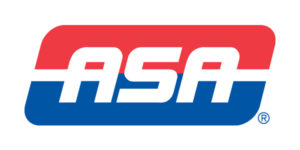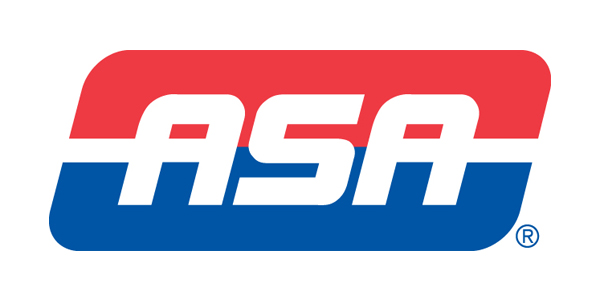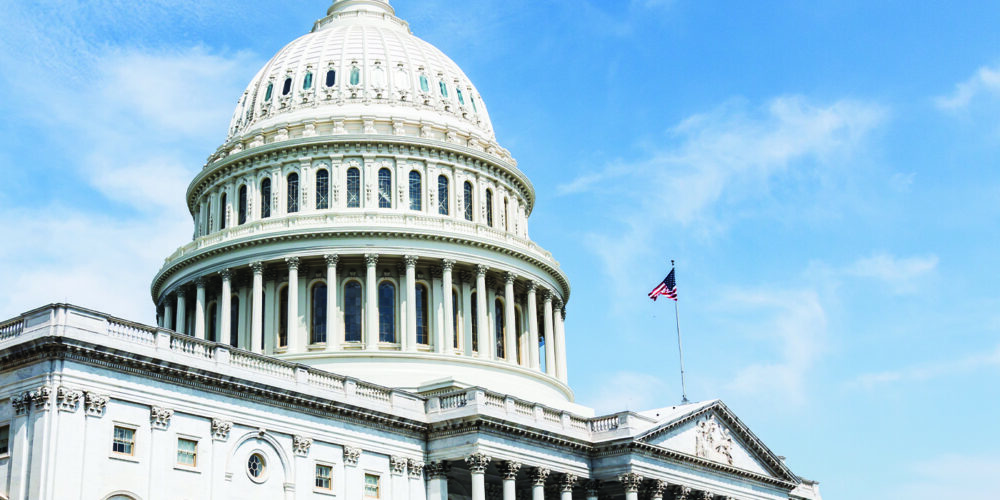
A bill deemed harmful to collision repairers and consumers has stalled in the Wyoming House of Representatives.
Opposed by the Automotive Service Association (ASA) and collision shops in Wyoming, the “crash parts” bill – SF0095 – had been on a fast track after garnering quick approval from the Wyoming Senate.
The Wyoming legislation stated, “An act relating to insurance; providing standards for the use of aftermarket parts in automobile damage repairs; requiring disclosure when any use is proposed of a non-original manufacturer part; requiring that all aftermarket parts be identified and be of the same quality as the original part; and providing for an effective date.”
ASA and Wyoming shop owners had raised issues regarding the legislation, including:
- Who would be responsible for determining what parts meet OEM standards?
- What state agency is equipped to evaluate certification standards?
- What are consumer protections provided by the legislation?
Collision repairers communicated their concerns to members of the Wyoming legislature – and it appears the Wyoming House won’t be moving forward this session with SF0095, according to ASA.
The Wyoming legislature is scheduled to adjourn at the end of the month.
“It is important that collision shops continue to educate policymakers about the impact this bill would have on small businesses and consumers,” said Robert Redding Jr., ASA’s Washington, D.C., representative. “ASA would like to thank Wyoming collision repairers and industry partners for their support in educating policymakers about this harmful bill.”
For additional information visit ASA’s legislative website at TakingTheHill.com.











